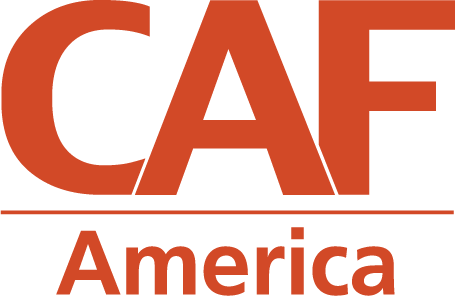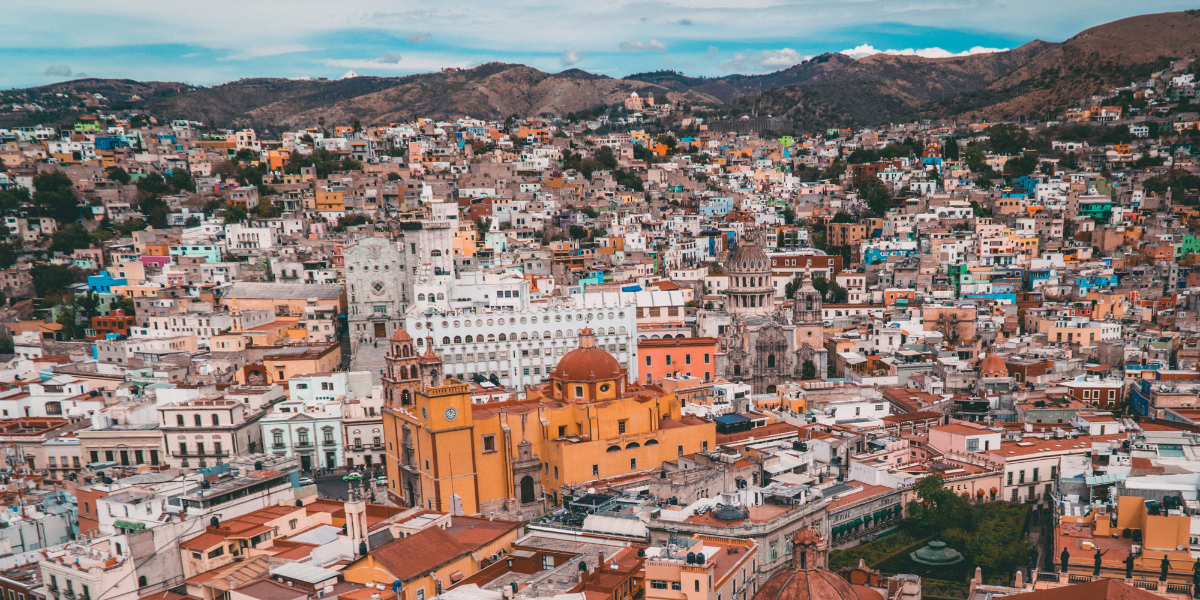The Federal Law for the Prevention and Identification of Operations with Illegally Acquired Funds is Mexico’s law regulating anti-money laundering. The law, in effect since September 1, 2013, was largely enacted to protect the national economy of Mexico from the financial losses and illegal activities stemming from money laundering that had been escalating in the country since the drug wars started in 2004. But it stands to hurt some of Mexico’s most vulnerable–those in need of philanthropic support.
On its face, the law is truly state of the art, implementing the most advanced and stringent anti-money laundering standards found in the international community to weaken criminal organizations by cutting off sources of funding. With an estimated $10-45 billion pesos being laundered for Mexican drug cartels each year, the Mexican government felt its only option was to more rigorously oversee all institutions that engage in what they deem “vulnerable activities.” Since these vulnerable activities include a wide variety of financial transactions, and other civil society associations, exceeding a particular monetary threshold, the restrictive nature of the law has negatively impacted many legitimate Mexican businesses, including charitable organizations in dire need of financial support. An increasing number of grantmakers sought out opportunities to support organizations in other countries to avoid the tedious vetting process required by the law. However, the strict requirements of the law do not need to be intimidating. Grantmakers equipped with the pertinent information can continue to provide tax-effective and regulatory compliant charitable support to organizations in Mexico.
In Brief
What does compliance with this new law look like? In brief, the law requires grantmakers to provide a great deal of organizational and personal information to the Mexican beneficiary organization and the Mexican Ministry of Finance causing many grantmakers to pause out of fear of potential identity theft or other possible breaches in financial security. As it currently stands, for instance, any gift made to a Mexican NGO/ONG that equals or surpasses $107,000 MXN or $5,369 USD (exchange rate as of 6/2021) is subject to the requirements of this law. Once such a gift is received, the Mexican charitable organization must provide detailed and specific documentation to the Mexican Ministry of Finance in order to avoid harsh financial penalties and potential imprisonment. However, the goal of the regulations is to protect the grantor, grantee, and government. It may require more effort than before, but making safe and tax-effective gifts to Mexican charitable organizations is still possible.
In Detail
According to the law, the beneficiary organization must collect a host of information from its grantmaker in the form of an official letter, including the organization, domestic tax identification number, contact information, authorized representative’s date of birth, and passport number–the list goes on.
Then there’s the additional barrier of documents that prove the veracity of the information:
- Incorporation Documents–This serves to verify the name, nationality, mission, and ownership structure of the grantmaking institution.
- Proof of Address–A government-issued tax form, like a W-9, or property tax payment information should be provided.
- Testimony of Authorized Representative–A statement or other documented proof identifying and defining the powers of the authorized representative of the grantmaking institution. The statement must be notarized and accompanied by copies of the authorized representative’s signed photo identification. Copies of passports are preferred.
- Proof of Tax Identification–Proof of registration with the local tax authority, such as a copy of 501(c)(3) or 509(a) registration.
- Certification of Awareness–This signed statement must demonstrate that the grantmaker is aware of the actual existence of the beneficiary organization and performed a review to verify its existence.
Even if gathering the necessary documentation may not sound overly burdensome, the sensitive nature of the information still stands to scare donors away. But there’s an easy fix for donors looking to support organizations in Mexico: making a gift through an intermediary grantmaking organization. These organizations specialize in maintaining strong relationships with charitable organizations on the ground through facilitating direct grants and making grants on behalf of donors. CAF America has accomplished this by working directly with Mexican charities to better understand the requirements of the law and best practices for compliance. Relying on the expertise of grantmaking professionals who have already shown an ability to navigate the complexities of this law can be invaluable to a donor’s philanthropic vision and peace of mind.
The Federal Law for the Prevention and Identification of Operations with Illegally Acquired Funds is but one example of a global trend of governments worldwide taking steps to preempt organized criminal activity. While it is too soon to truly forecast the potential positive impact of the law in thwarting money laundering, the unintended negative consequences are already measurable. Donors and grantmakers should note, that the law may have amended the nature of charitable giving to Mexico, but it did not make it impossible, or even imprudent. With the right information, supporting charitable organizations in Mexico continues to be safe and tax-effective.

